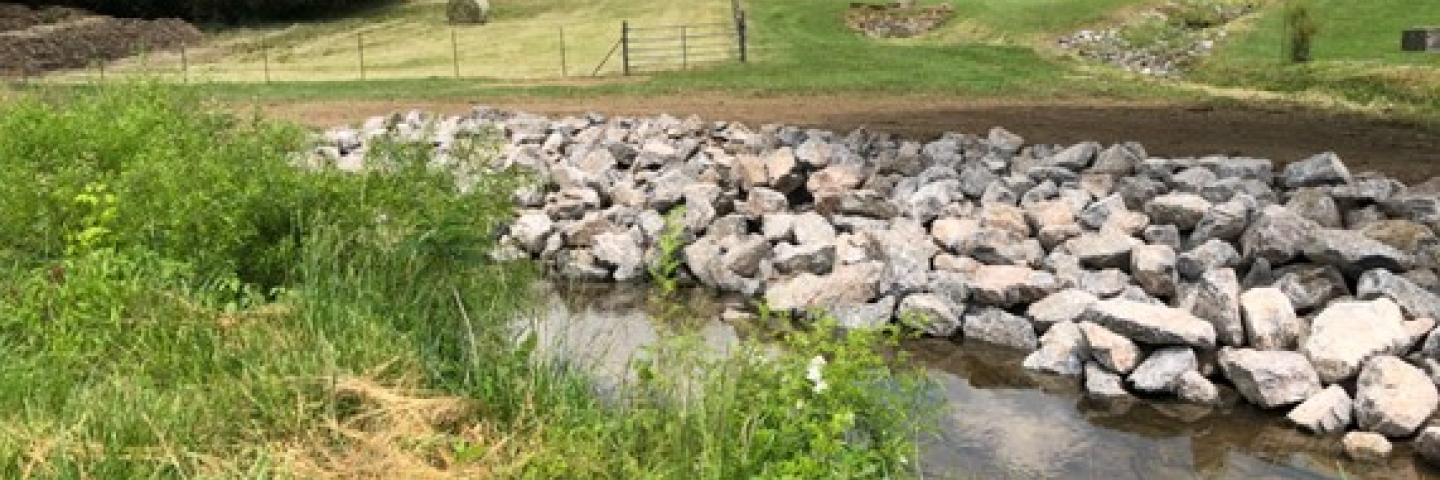
The Tennessee Ecological Sciences provide technical resources and training to support conservation delivery to farmers and ranchers through our conservation planning process and provides technical expertise related to agronomy, biology, grazing lands, water quality and NEPA.
Mission
Ecological Sciences leads the technology for NRCS in ecological, cultural resource, and environmental compliance technologies to ensure science-based conservation for our Nation's resources.
Functions
- Integrate agricultural, ecological, environmental, fish & wildlife, cultural heritage and energy concerns into all NRCS programs.
- Develop and implement new technologies to assess and treat soil, water, air, plant, animal, and energy resource concerns.
- Provide leadership and technology for erosion prediction and control, nutrient management and comprehensive nutrient management plans, pest management, forestry, fish and wildlife management, highly erodible land and wetland compliance, air quality, invasive species and pollinators, range and pasture management, water quality, soil quality, historical and cultural resources, and organic farming.
- Provide leadership for policy and maintenance of the Field Office Technical Guide, National Conservation Practice Standards, and the National Technical Guide Committee.
- Develop policies and guidelines for NRCS compliance with laws, regulations, and Executive Orders pertaining to ecological sciences expertise.
- Provide national technical liaisons for NRCS with other agencies and groups for ecological and cultural resources-related legislation, policy, and initiatives.
- Provide leadership for plant data information through the National Plant Data Center.
- Provide leadership for the National Plant Materials Program that selects, evaluates, increases, and releases plant materials and plant technology for conservation uses.
- Provide leadership and guidance for training and employee development in ecological and cultural resources activities.
Tennessee Land Uses
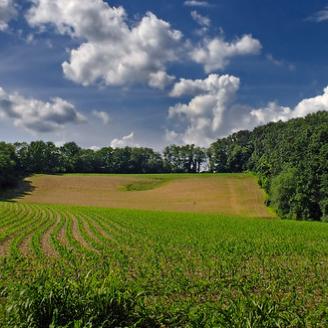
Cropland
It is NRCS' role to provide national leadership and technical assistance for the conservation of our natural resources to ensure the continued production of food and fiber.
Click here to enter.
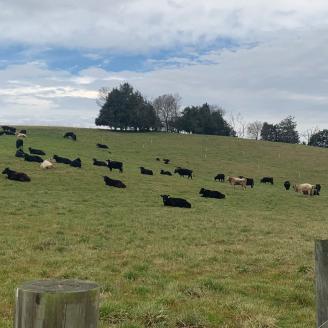
Grazing
NRCS promotes prescribed grazing and improved forage management by providing technical assistance to private landowners.
Click here to enter.
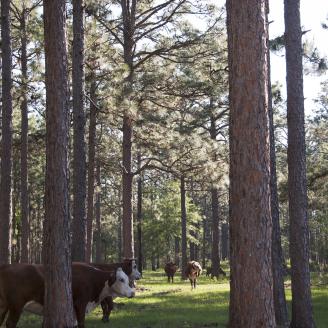
Forestry
Silviculture is the theory and practice of managing a forest to maintain and enhance its productivity based upon the objectives of its owner and the ecological capabilities of the land.
Click here to enter.
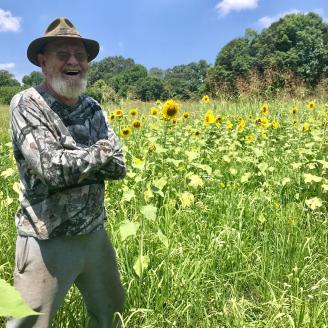
Tennessee Agricultural
The Farm Facts report is a monthly publication highlighting each month's survey results and statistics. This publication is issued on or around the 1st week of each month. Contents may vary by year.
Tennessee Farm facts
USDA's National Agricultural Statistics: Tennessee
Helpful link:
Ecological Sciences and Planning Staff
| Name | Position | Phone Number | |
|---|---|---|---|
|
Linda Ortiz
|
State Resource Conservationist
|
||
|
Suzanne Senecal
|
Secretary
|
||
|
Jason R. McAfee
|
Resource Conservationist
|
||
|
Danny R. Jones
|
Resources Conservationist
|
||
|
Robin Mayberry
|
State Biologist/Acting State Forester
|
||
|
Chris Nelson
|
State Cultural Resources Specialist
|
||
|
Joshua Engle
|
Cultural Resources Specialist
|
||
|
Tamara (Tammy) Swihart
|
State Grazing Lands Specialist
|
||
|
Leslie Honicker
|
State Agronomist
|
||
|
Jeremy Davis
|
Local and Programmatic Support Services Contractor
|
||
|
Michael Lebron Acevedo
|
Business Tools Coordinator
|
||
|
Brittney Viers
|
Quail Forever State Coordinator
|
||
|
Kyle Smiley
|
Cartographer
|
||
|
Kevin Davis
|
Agriculture Conservation Experienced Services
|


